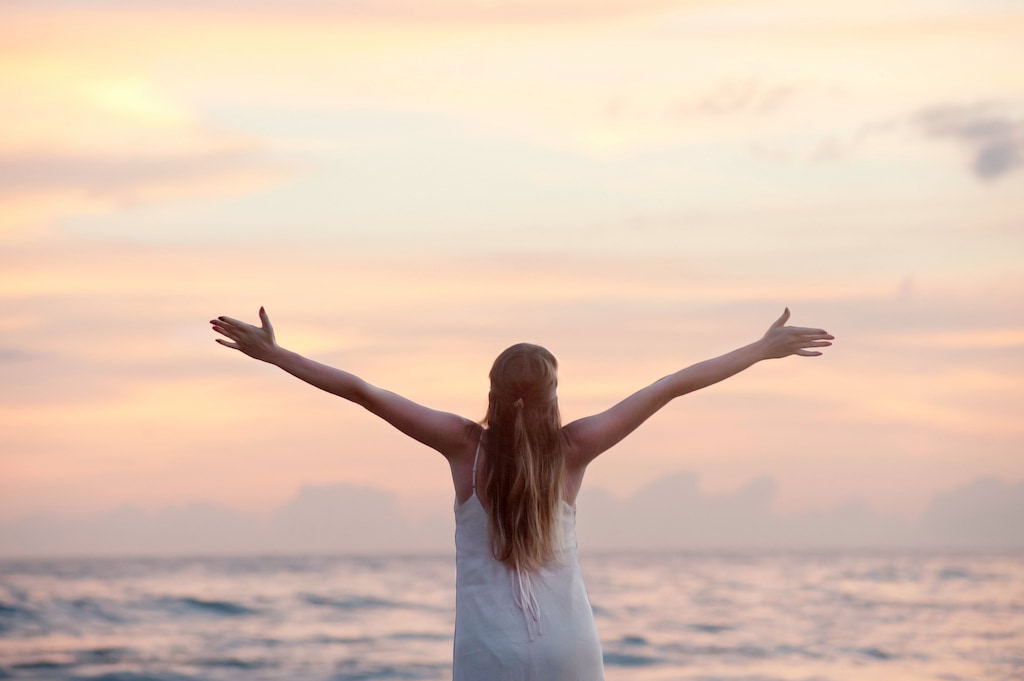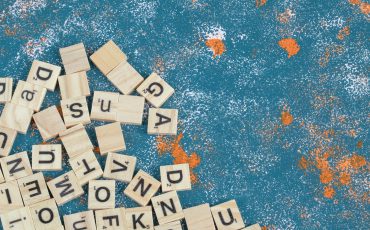Mindful Shopping

Contents
Over the last decade, the concept of “mindfulness” has gained huge popularity beyond meditation, spiritual, and yoga circles. Despite being an ancient technique (mindfulness meditation originated 2,500 years ago as taught by Buddha), understanding of the benefits of mindfulness began to develop more recently. The Oxford Dictionary refers to mindfulness as “a mental state achieved by focusing one’s awareness on the present moment, while calmly acknowledging and accepting one’s feelings, thoughts, and bodily sensations, used as a therapeutic technique. ” By being aware of our behaviors, thoughts, and sensations, we are more in control of how we perceive and interpret the elements of our environment, leading us to make conscious choices that align with our values. Furthermore, mindfulness also impacts our way of consuming. Thich Nhat Hanh states that, ”Mindful consumption is the way to heal ourselves and to heal the world.” What is mindful shopping? How do we make better purchasing decisions that have a positive impact on the world?
Mindfulness as a road to happiness

An academic named Kesser (2003) states that, “people with higher materialistic values face a greater risk of unhappiness, including anxiety, depression, low self-esteem, and problems with intimacy“. Being mindful encourages us to appreciate the little things without wanting to possess more. In our world of rapid consumption, we tend to covet things, wanting to buy more and more as we enter a never ending cycle of behaviors that can lead to unhappiness. But what if we could make more conscious choices? What if we could remake the world with better decision-making processes that are aware of our impact on our surroundings? Let’s discuss how to start a mindful and ethical practice of consuming.
See Things Clearly as They Are
Mindfulness often relies on the concept used in meditation to “see things as they are”. By being present and aware in the moment, we don’t overthink too much or lose control of what makes sense around us. Practicing mindful shopping involves conscious buying and taking into account that we don’t own everything on this earth. In a resource-limited world, it’s important to bear in mind that our consumerist behavior may impact our reality. For example, on the island of Bali, Balinese people did not use plastic. When colonizing the island, Europeans introduced plastic that never blended into the way of living for Balinese, resulting in huge pollution across the island.
Assess What We Really Need vs. Want

We each have our own wants and needs that we attempt to satisfy in our pursuit of a fulfilling life. Being able to identify what we want versus what we actually need is a skill that takes practice. Maybe that means you ask yourself things like: do I need this new pair of shoes or do I want them? There are no wrong answers here, but taking an inventory of what we have in the here and now can be a helpful way to begin appreciating our current reality rather than seeking more just for the sake of having more. The latter can lead to unhealthy behavioral patterns where more is never enough, whereas centering ourselves with the “less is more” philosophy and implementing mindful purchasing habits can have more positive results.
Mindless Consumption vs. Mindful Consumption
Today, we are asked more than ever to change our patterns and adopt mindful consumption instead of mindless consumption with the outbreak of COVID-19. Mindful consumption encourages us to take time and think twice before purchasing an item or a service in order to understand what impact our purchase may have on us, on society, and on our environment. For example, before buying another plastic bottle, we may think about how to repurpose our current plastic bottles. Maybe we can use them to store sand from our holiday, propagate plants, or simply reuse it for its intended purpose of carrying liquids. Our intentions and practices have an impact, so again, taking inventory and checking in with ourselves by identifying our needs and habits can have powerful implications.
Eastern-Derived Approach
In Buddhism, there is a focus on modest lifestyle, away from envy and cupidity. Generosity prevails, as well as being conscious that our time on earth is limited, the hope being to leave a positive trace of our presence here on earth. By understanding Buddhist philosophies, we can make reasonable purchases that are aligned with values of kindness, compassion, and love. We can always make better purchasing decisions which will be kind and compassionate.
A Daily Routine to Adopt Mindful Shopping
Mindful shopping doesn’t have to be all or nothing, but can rather be practiced in different ways, both small and large scale, still having a powerful impact. Maybe that means before you take another trip to the grocery store, you double-check your fridge to see if you do in fact need more of something or if what you have will last. Or, maybe when you’re in search of new clothes, you take the time to research the brand in order to see if it’s ethically operated and sourced. Of course, we do not need to live like monks, although the life of monks is praised for being both fulfilling and happy. But we can embrace monk-based habits in our daily lives by consuming only what we need. In short, we should refrain from impulsive purchasing behaviors that are not necessary and by doing so, we can live a happier, more fulfilling life.

How to Start
We don’t need to take a 10-day spiritual retreat to learn more about mindfulness and adopt the practice on a daily basis. We can start by noting our thoughts and understanding how we breathe. Being present with ourselves, even just 10-minutes a day, can be a great start to mindfulness practices. Maybe that means reading books about meditation and mindfulness or journaling about our wants versus our needs. What works for you?





